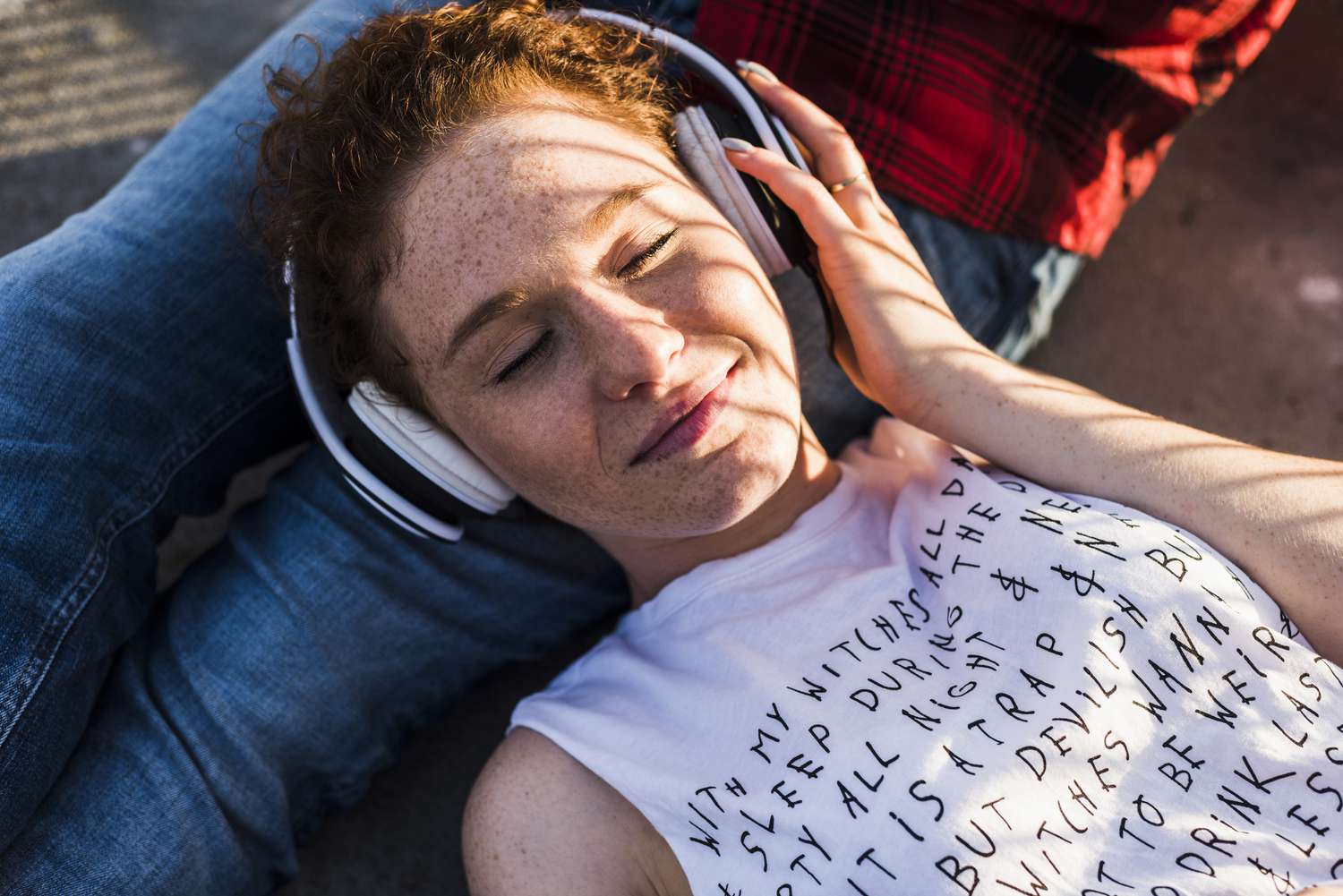Study Reveals That Sad Music Can Actually Improve Your Mental Health, Disproving Trendy Sad Girl Playlists

A recent study has shown that listening to sad music can have a positive impact on a person's mood, by creating a feeling of connectedness.
Whether you prefer upbeat party tunes or more gloomy melodies, the genre of music you listen to can influence the emotions you feel. Sad music, for example, can prompt negative emotions such as sadness, but it can also foster a sense of connection, according to the study published in the Journal of Aesthetic Education.
The cognitive scientist Tara Venkatesan, who took part in the research, clarified that "the value of sad music lies in its ability to create a sense of connection, regardless of whether it actually evokes sadness in the listener". The study showed that people value sad music for the same reason they value sad conversations - because they feel a genuine connection.
The researchers demonstrated the ability of sad music to provide a sense of connection in two parts. First, they asked nearly 400 participants in the study to rank four different songs and assess their respective embodiments of "what music is all about". Participants valued emotional expression more than technical proficiency when reviewing their song choices. The second part of the study involved asking 450 new participants to rate how connected they felt when listening to music or when participating in conversations that expressed 72 different emotions, including inspiration, love, sadness, and sorrow. The authors found that humans feel connected through emotions expressed in music which match the "what music is all about" highly rated songs: sadness, love, joy, loneliness, and sorrow.
Another study from 2014 revealed that people listen to sad music for no particular motivation other than the fact that they like the music or band. But, whether or not sad music actually has the ability to make a person feel sad depends on each individual’s experience. Shannon Bennett, the site clinical director for NewYork-Presbyterian’s Center for Youth Mental Health, suggested that a person might feel sad when hearing a certain song because it is connected to a particular memory. Music and our response to it, she explains, is a unique and personal experience.
While sad music can generally make people feel sad, depending on the mental health state of an individual, it can evoke other emotions as well, added Venkatesan. She cited previous research on people’s experience of sad music and noted three main categories expressed: grief, melancholia, and sweet sorrow.
“While grief consisted mainly of negative emotions like despair, both melancholia and sweet sorrow consisted of more mixed emotions like longing and nostalgia and even positive emotions like comfort and pleasure,” she said.
Bennett clarified that sad music does not automatically indicate sad emotion for the listener—it can actually impact the listener’s mental health positively.
“Music can be a way to practice just sitting with a feeling that sometimes is harder to sit with and that is actually emotionally very helpful,” she added. “We call that an emotional exposure that in fact is used in some very well-researched therapy protocols to help us to sit with emotions that we sometimes don’t want to sit with.”
Sad music can also make people feel connected in the same way a heartfelt conversation makes us feel connected, said Venkatesan. “It is very likely that the sense of connection we experience when listening to sad music has positive health benefits.”
Some studies suggest that listening to sad music creates a feeling of “emotional communion” where you share feelings of sadness with the singer or composer. Venkatesan explained that in this case, listening to sad songs may act as a form of virtual contact which can help people feel accepted, understood, and less lonely.
She added that other studies suggest that listening to sad songs allows us to connect with ourselves and reflect on our own emotional experiences which can help with mood regulation.
Venkatesan noted that music, in general, has a profound effect on our brains and physiology and therefore can also impact our mood.
For example, some research suggests that relaxing music can decrease levels of salivary cortisol and psychological stress, which is an indicator of decreased stress and better regulation when responding to a stressor.
Bennett noted in the same way that a sad song might evoke a sad emotional state, there are ways to use music to evoke a positive emotional state. There are also ways that people can choose positive behaviors that might move them in the direction of positive emotion.
Bennett concluded, “My hope is that this research will help people just recognize that feeling sad is okay and also that there are things that we can do to help us move out of that feeling.”




